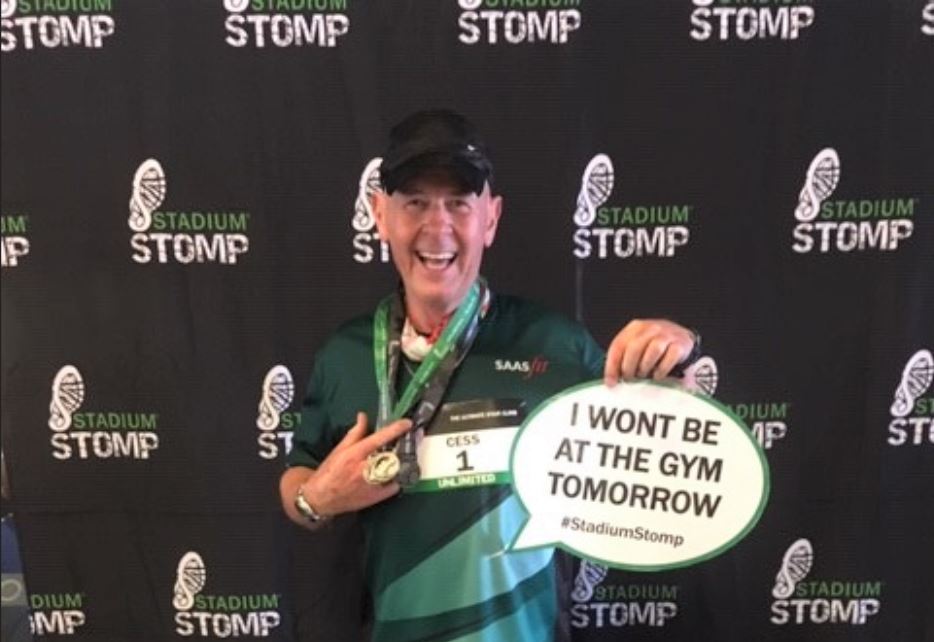
Military veterans and accident first respondents suffering from Posttraumatic Stress Disorder will benefit from more personalised and flexible therapy that the Flinders Posttraumatic Stress Research Unit at Flinders University is preparing to trial.
Researchers are focusing on improving the effectiveness of Cognitive Processing Therapy (CPT) – already a successful means of treating posttraumatic stress – because they believe additional modifications of CPT can further improve success rates for helping people involved in or who witnessed a trauma, which can include motor vehicle accidents, assaults, domestic violence, or being a victim of a robbery.
“CPT was designed to help people recover after experiencing a traumatic event and has been widely used with veterans, military personnel and first responders – but we believe it can be further improved to deliver better outcomes,” says Professor Reg Nixon from the Flinders Posttraumatic Stress Research Unit.
The Posttraumatic Stress Research group is calling for military veterans and accident first respondents who are suffering from PTSD to volunteer for the new research project.
This new trial builds on general research into the effectiveness of CPT that the Flinders Trauma Unit has conducted, with the most recent project being completed over the past three years. Within this trial, which concluded in late 2018 and is being prepared for publication, veterans and paramedics represented 20% of the sample group, and identifying their specific needs has prompted the creation of this more focused investigation.
“We found that the majority of people, including several veterans and paramedics, had very good outcomes. However, some clients were not responding to treatment as well as we would like, so we now need to test the helpfulness of closer monitoring during the early weeks of the CPT process, combined with making appropriate adjustments to therapy along the way,” says Professor Nixon.
“Treatment needs to be more personalised and flexible. For example, we trialled adding interventions to CPT that assisted with managing pain, anger or depression. We think this will help people who don’t respond so well to the standard CPT approach.”
David Glasspool, a paramedic with SA Ambulance Service who has received assistance for posttraumatic stress, says: “CPT empowered me with the tools to drill down into my rambling thought processes. I was able to identify the absolute core issue which supported each thought and was then shown how to respond in a rational, controlled manner.
“I was referred to the program through a former friend and colleague, who had also been a participant. My friend prepared me by saying that the study was hard work, emotionally, but the end result was very worthwhile,” Mr Glasspool says.

“Having completed the program, I very much concur with his advice. I am happy to recommend this approach to anyone who is trying to get their head around PTSD. I feel that the program was a great benefit to me, and by helping me, it was a huge help to my family.”
A second research project into Cognitive Processing Therapy being undertaken by the Flinders Posttraumatic Stress Research Unit is also looking for volunteers, to test the effectiveness of a stepped-care approach using online therapy delivery.
This form of online treatment will be highly beneficial, says Professor Nixon, as it will offer greater convenience and flexibility for patients, provide greater access to treatment for patients located in remote areas, help to alleviate pressures on existing clinic resources, and offer a less intrusive therapy mode for people to engage when they would otherwise opt out of treatment.
“Studying the effectiveness of internet therapy delivery will be highly beneficial, especially if this type of therapy represents the difference between whether people get effective help for dealing with trauma or not,” says Professor Nixon.
This research study – “Online stepped-care for adults with PTSD” – will investigate an online staged-care approach designed to help people recover after experiencing a traumatic event. The stepped-care approach can involve two stages of help, the first involves less intensive clinician support which can be followed up with more intensive help that is comparable to standard, face-to-face therapy.
The end result is that a person receiving therapy is matched to the level of therapy that most suits their current needs. It will also involve three assessment interviews: before, during, and after therapy. “This will be the first major study in Australia to thoroughly research this type of stepped-care approach for PTSD using online therapy delivery,” says Professor Nixon.
People interested in volunteering for either of the study projects can call the Flinders University Posttraumatic Research Unit on 8201 5995 for more information or to schedule a phone screening (email traumaunit@flinders.edu.au).
These two studies have been approved by the Southern Adelaide Clinical Human Research Ethics Committee.

